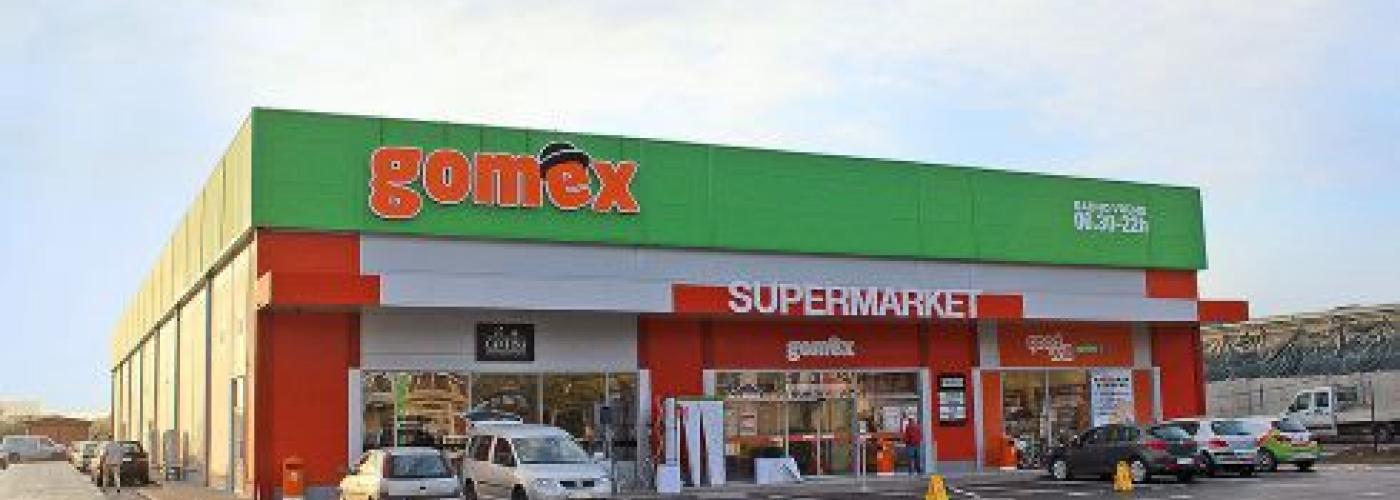Sparking Interest in Private Equity to Promote Growth of SMEs
Image

This blog was originally published on the USAID Medium.
By Dragana Todosijevic, USAID CATALYZE Engines of Growth (EoG)
Equity financing for small and medium-sized enterprises (SMEs) can stimulate growth and provide SMEs with additional cash flow, improved processes, and higher margins. Making the decision to accept private equity, however, can be difficult as it allows outsiders to own a part of the business. Not all business owners want to share control or management. In the Western Balkans, many SME owners are unaware of the benefits of private equity as it has not been a traditional source of financing.
To promote equity finance in the Western Balkans, the USAID CATALYZE Engines of Growth (EoG) Activity, in partnership with WM Equity Partners from Serbia, held an online workshop in May to promote awareness. Participants included financial institutions, company advisors, relevant state institutions, and the media. The webinar covered all aspects of private equity financing, including the experiences of Serbian food retailer Gomex’s partnership with SEAF and CEECAT investment funds.
Gomex, a trading company based in Zrenjanin, Serbia, ranks among the regional leaders in the wholesale and retail of food products. Gomex’s minority recapitalization carried out by SEAF in 2007 contributed to raising the company’s business standards and revenues.
“The sale of 35% of the company’s shares to the SEAF investment fund in 2007 occurred when we had only 15 retail facilities, 300 employees, and a turnover of about €10 million per year,” said Goran Kovacevic, Director of Gomex. “Today, we have 213 stores, three distribution centers, about 2,400 employees, and a turnover of €150 to €160 million per year.”
Kovacevic said he decided to partner with SEAF because he did not want the company to depend solely on him. “When you have an owner who manages the company himself, then there is a danger that the company will fail if something happens to the owner,” he said. “I did not want that to happen. If a fund decides to invest its money in my company, it means that it is ready to share the risks of doing business. The goal of the investment fund is development — the same as the goal of the owner.”
At the event, Lorena Macura, Vice President of SEAF’s Serbia Impact Fund/SEAF South Balkan Fund B.V., spoke about the work of the fund, challenges they face working in the Western Balkans (such as low awareness of equity financing and a lack of appropriate accounting practices and its impact on the valuation of a company), history of their engagement in Serbia, and their successful experience working with Gomex.
“We give active support to companies to increase the value of their business,” she said, adding that a lot has changed since 2006 when they entered the Serbian market. “Since then, there have been many investments and successful exits…The awareness of this type of investment has changed, and businesses are more open to it. I expect further investments, especially since the Law on Investment Funds will encourage the establishment of domestic Serbian funds.”
Florian Huth, Partner in the CEECAT fund, provided his perspective of the regional market, noting that Balkan companies are managed well and have great export potential. “I think that every SME company can benefit from partnerships with investment funds because it brings international practice, experience, and knowledge. Serbia is very enterprising. I have the impression that everyone is striving for something higher, and our experience so far is positive,” he said.
After three initial awareness-raising events in Serbia and Bosnia and Herzegovina (out of 12 planned), 20 companies expressed their interest in getting more detailed information on equity financing and identifying strategic partners, indicating that SME owners in the Western Balkans are gradually warming up to equity financing as a legitimate complementary source of financing to traditional banking loans.
Learn more about USAID CATALYZE Engines of Growth in the West Balkans here.
About CATALYZE
USAID CATALYZE, implemented by Palladium, is an 8-year program designed to mobilize $2 billion in private capital for development impact, especially in underserved social sectors and frontier markets across the globe, complemented by a cross-cutting inclusion of gender-lens investing. CATALYZE supports blended finance solutions working with local and international businesses and investors to explore and find commercially-viable opportunities and approaches to creating jobs, developing sustainable social services, tightening and rationalizing supply chains, and advancing inclusive growth. We work across 27 countries in Asia, Africa, Europe, Latin America, and the Caribbean, with 190 partners, including financial institutions, business advisory service providers, anchor firms, and job trainers.

